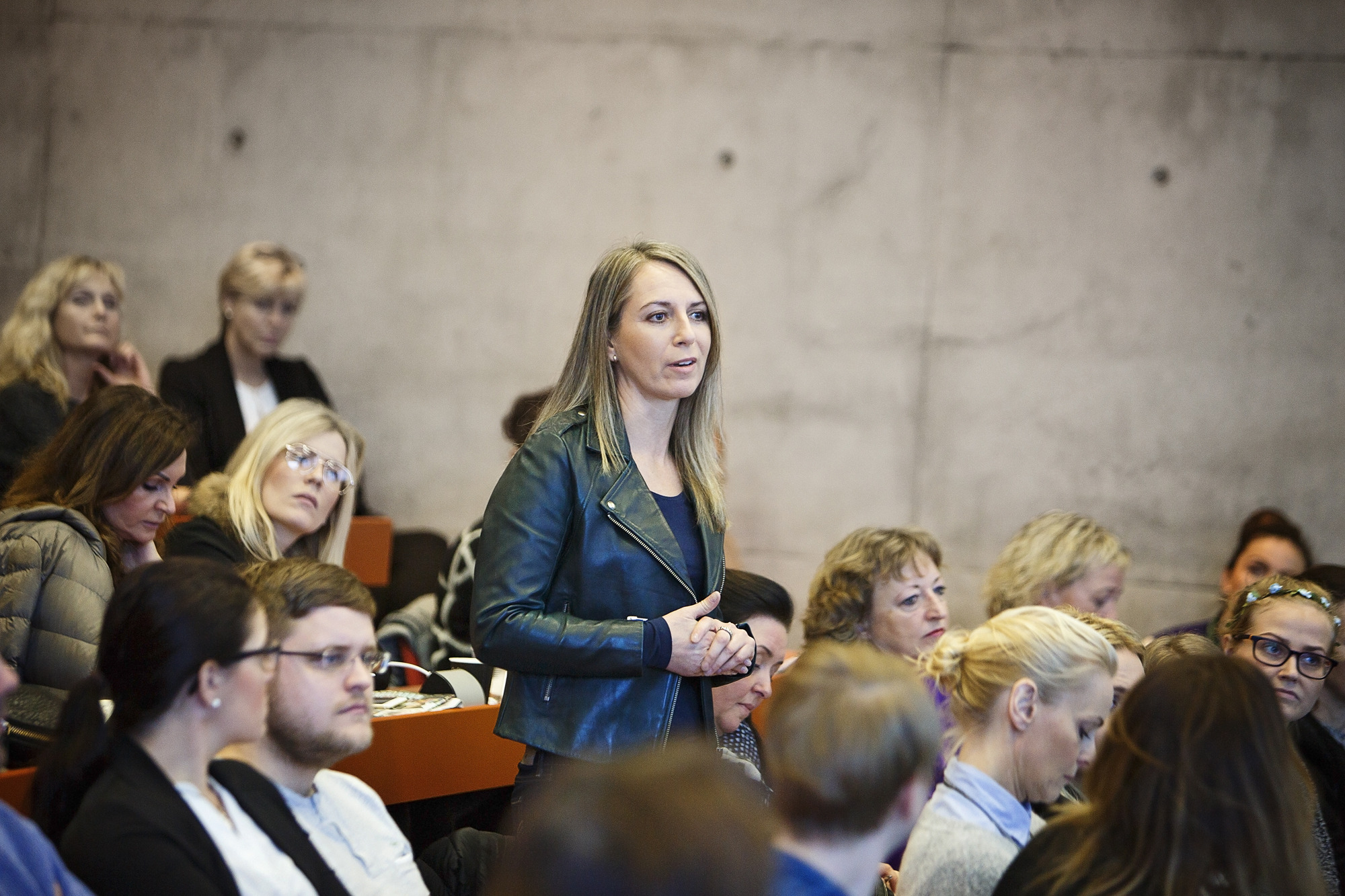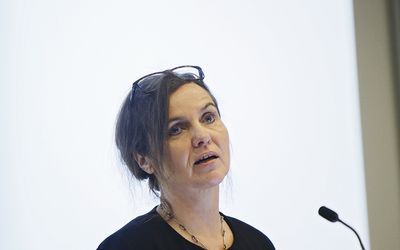Social media and HR: Not the best combination

In recent years, HR managers in Iceland have established themselves as a part of the executive management teams in companies and public institutions. It seems that their position has not been compromised in the wake of the financial collapse in 2008. These are among the many conclusions that can be drawn from this year´s CRANET-study conducted by the Research Centre on HRM at RU School of Business.
One of the research centre´s main projects is the participation in the CRANET-network (Cranfield Network on International Human Resource Management), including a large local survey every three years. The results of the 2015 survey were published recently in a report and the main findings were discussed at a well-attended meeting at RU.

Arney Einarsdottir (pictured) is an assistant professor at RU School of Business and the research centre´s director: "In the findings this year we mark a subtle change in the recruitment process. It seems that HR managers, and others in charge of hiring staff, are using social media more and more and thereby replacing standardized personality tests. We can safely say that this is not a positive development and sets us back in something we call maturity in HR. There are indications that such media are unreliable for evaluating applicants. The danger is in drawing the wrong conclusions from the information on for instance Facebook or Twitter about the applicant and that this information will be too dominant in the decision-making." A possible explanation is cost-cutting, says Arney.
The findings raise numerous other questions and the extensive survey gives researchers and graduate students in Human Resource and Organisational Psychology the opportunity to use the data to answer some interesting research questions, for instance:
- The effect of HR management maturity on the attitude and behavior of employees
- The effect of gender composition on employee satisfaction
- The interplay of gender equality action on the experience of staff
This is the fourth time of the survey and the results appear in a comprehensive report. The data is used to answer various research questions as well as to form a valuable foundation for international and national research. The project is funded by the Iceland´s Ministry of Finance, the Federation of Icelandic Industries and Business Iceland.

